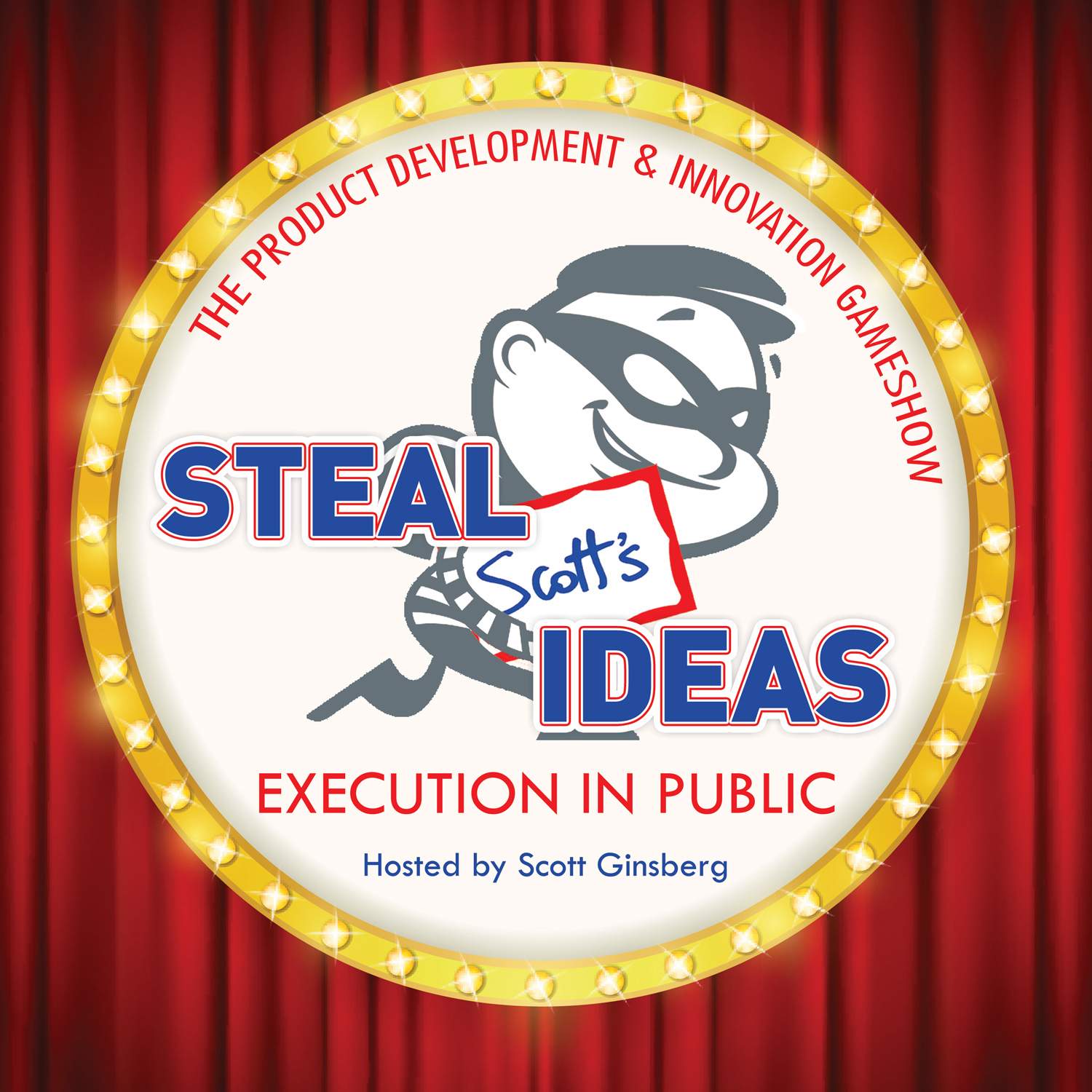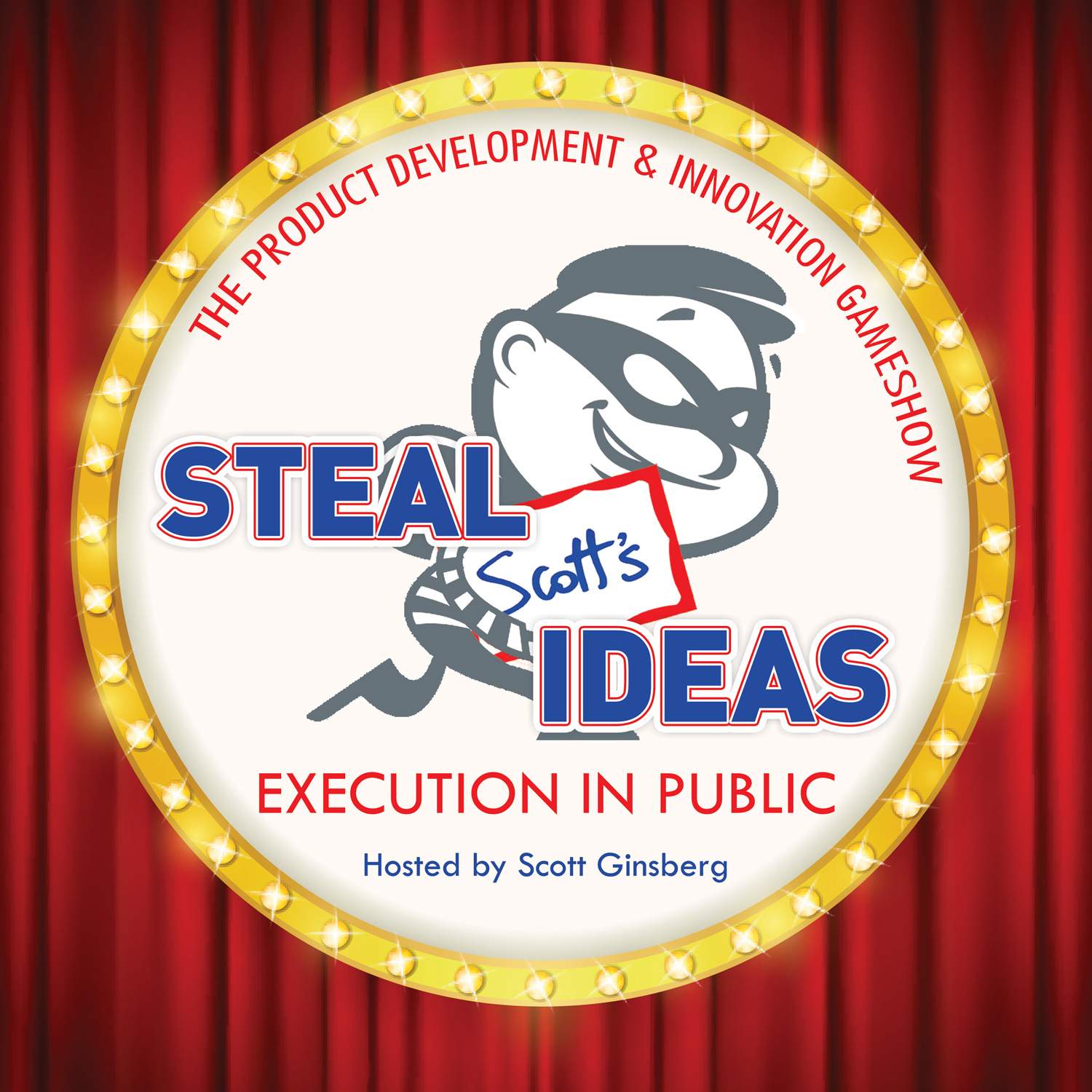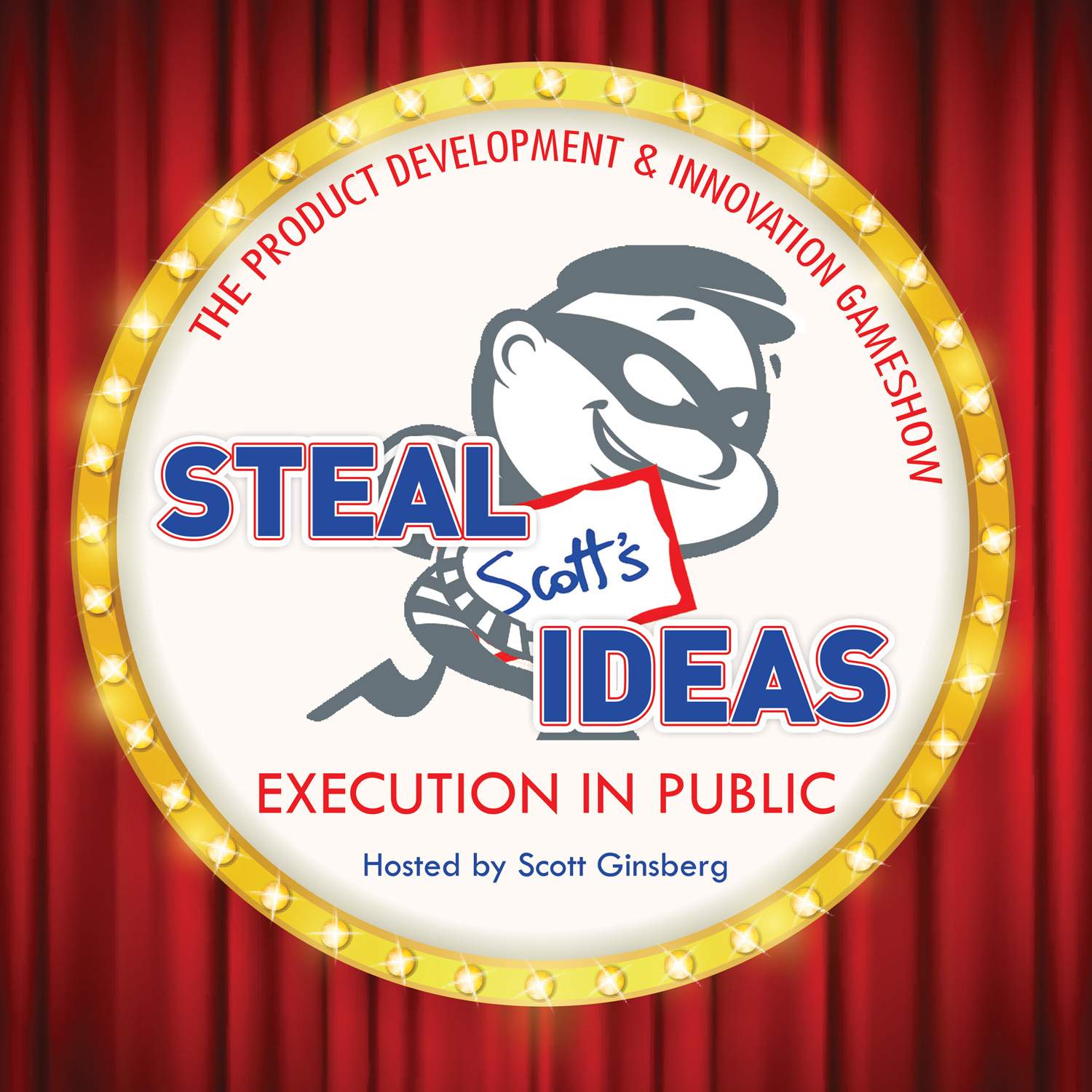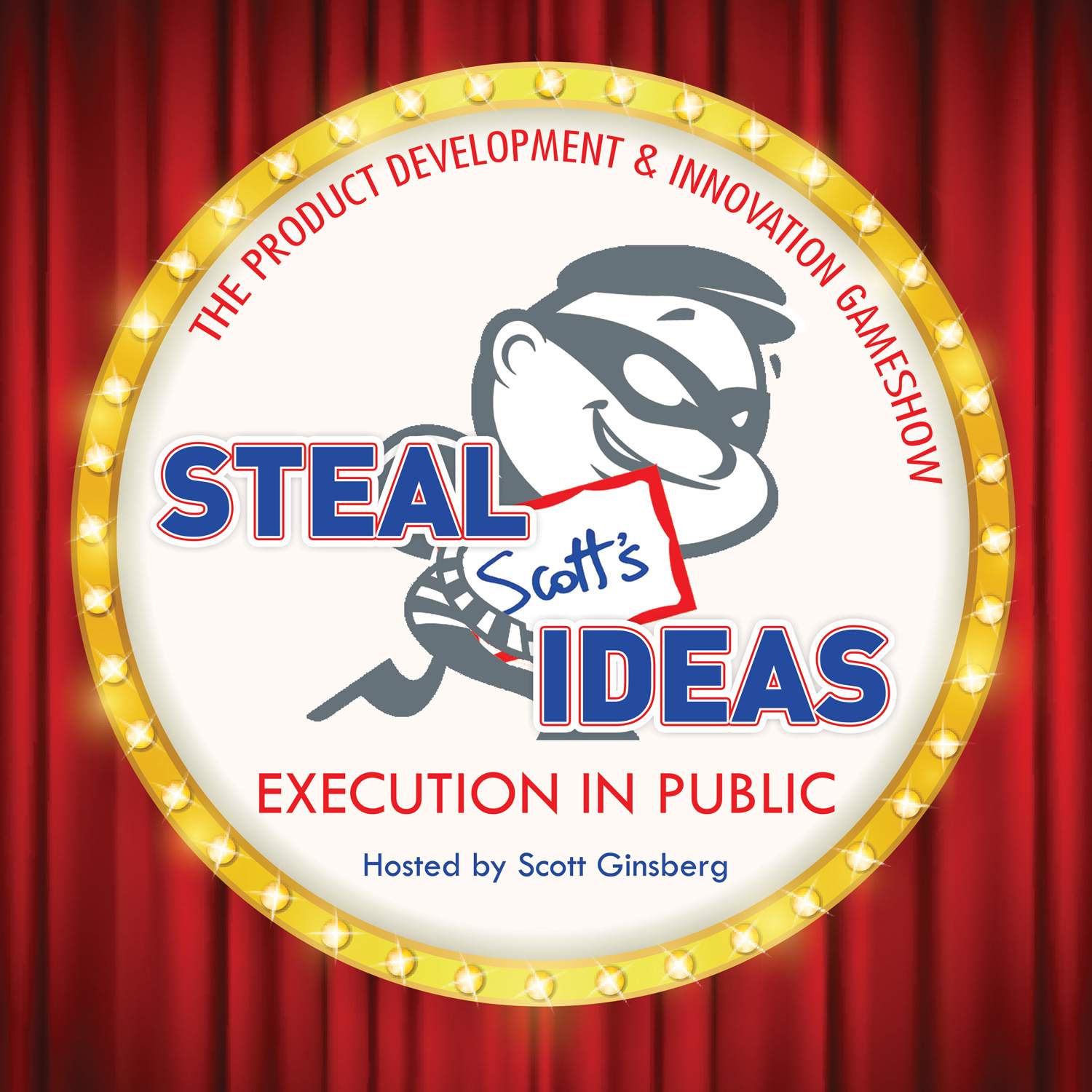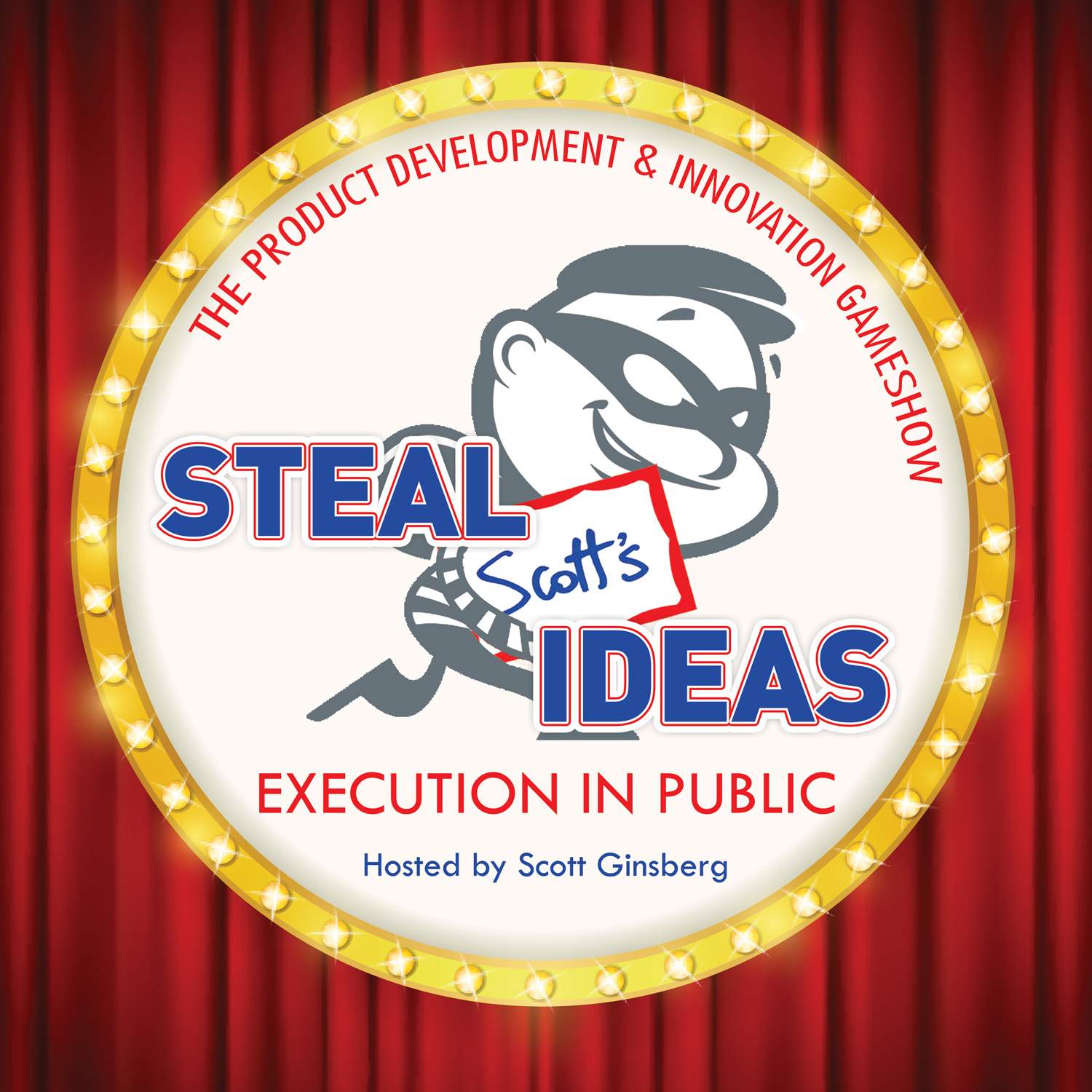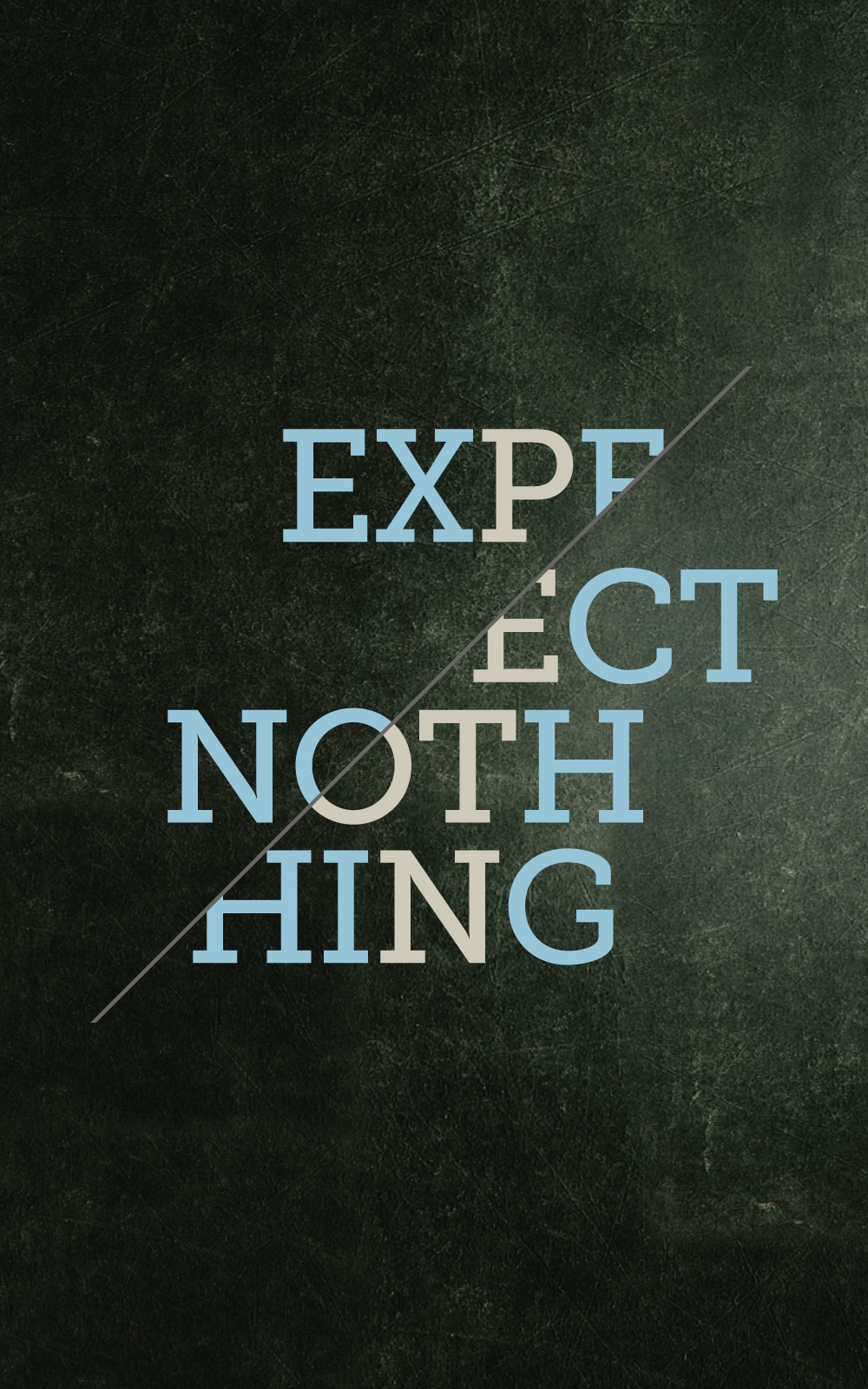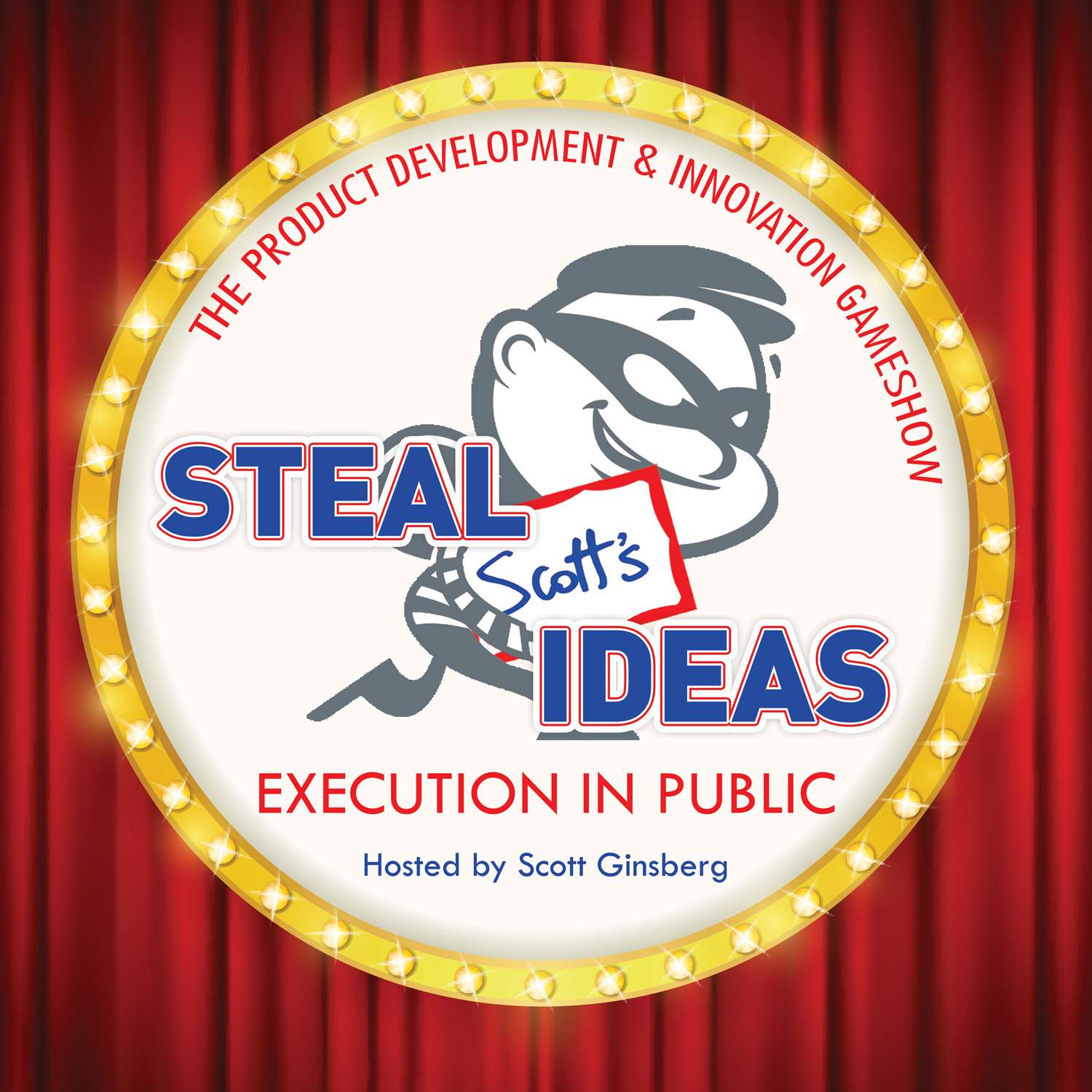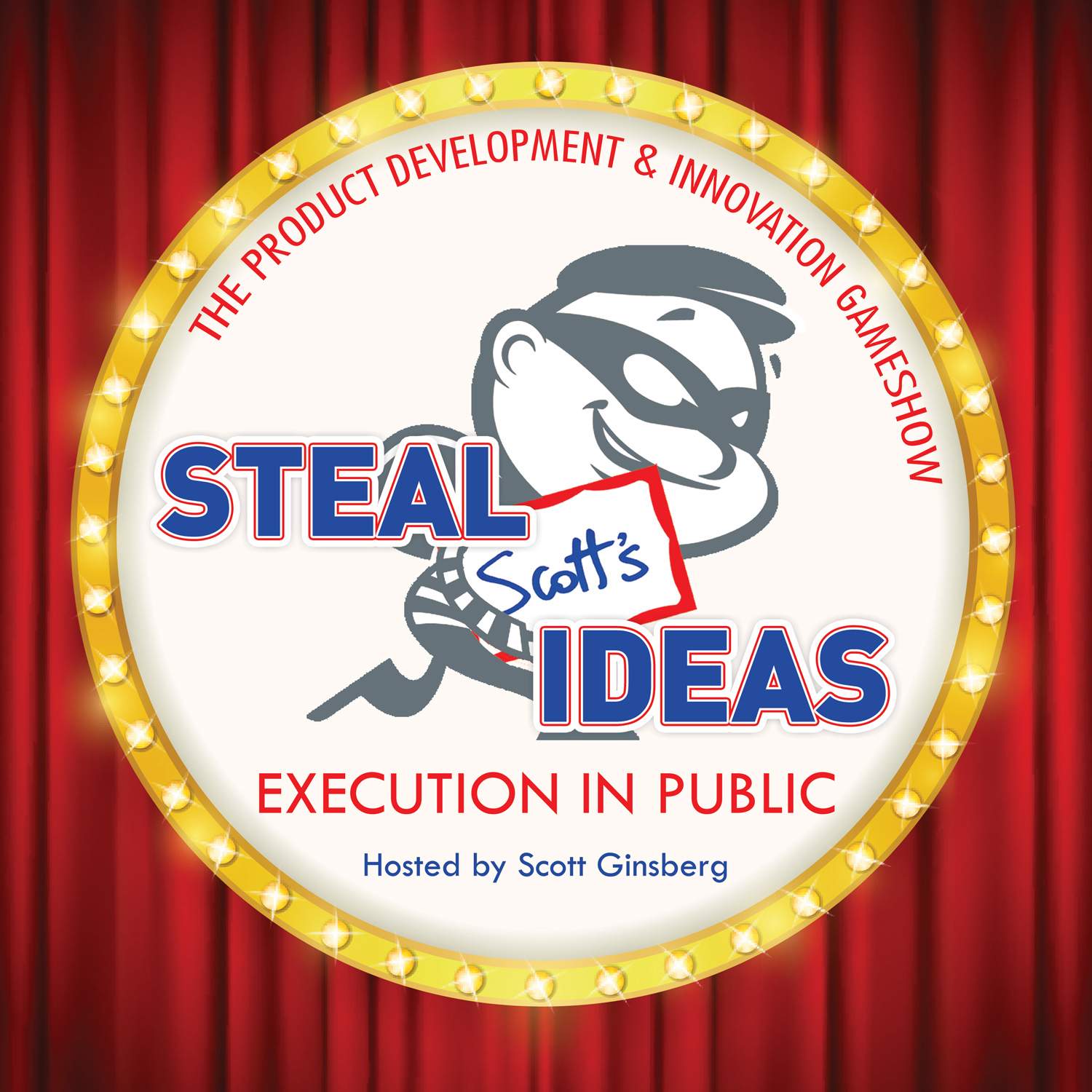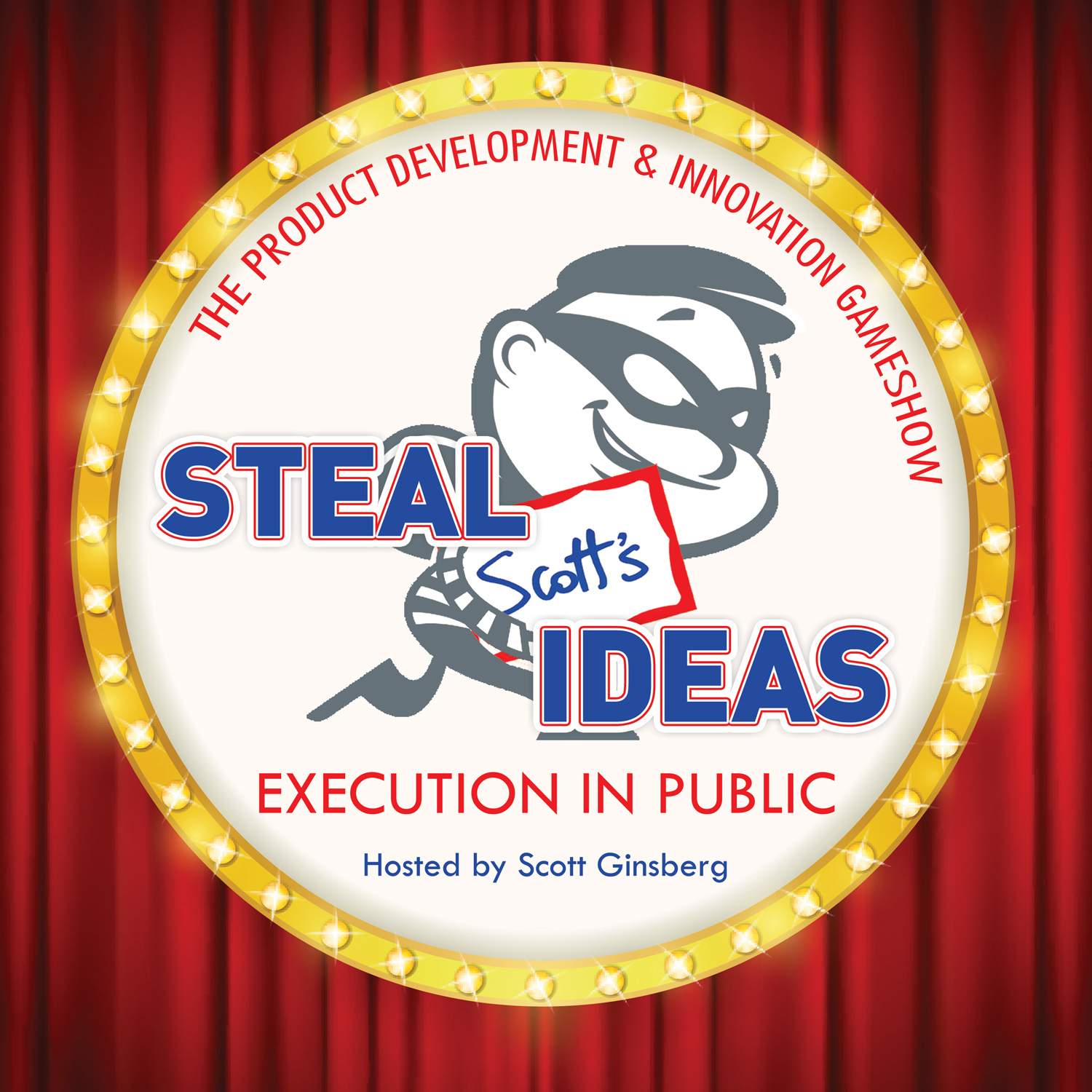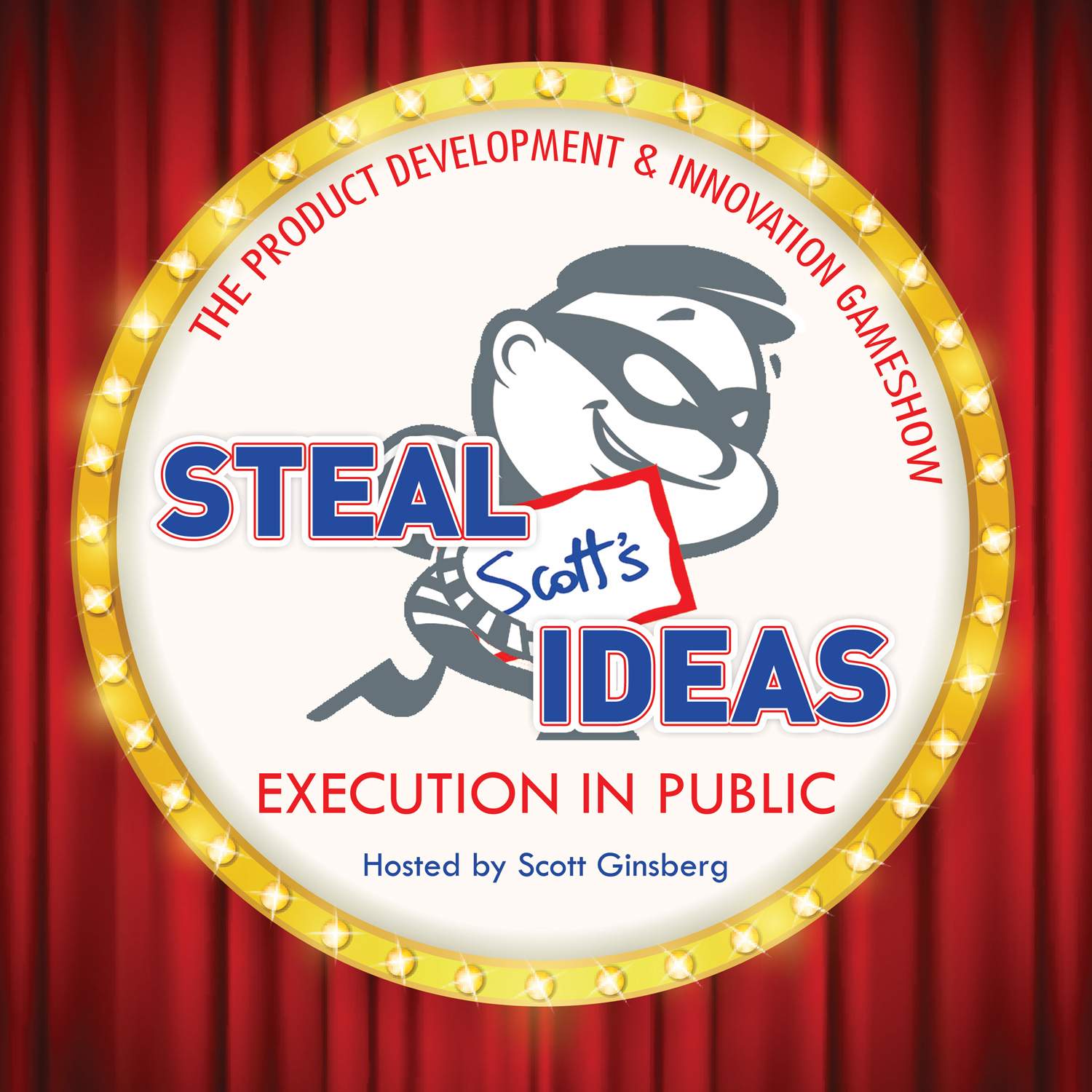
Dilbert said that one of the downsides of interacting with other people is that they keep uncovering defects that we never knew we had.
It’s a frustrating and embarrassing and even painful feature of reality.
But then again, isn’t it better than not knowing? Isn’t any person or incident that shows us a truth about ourselves a benefit in the long run?
Besides, our egos blind our eyes to many of the ways in which we cause harm or frustration to others. And so, anything we can do to balance the scale and create a more realistic picture of the self is positive thing.
My first experience working in a traditional office environment wasn’t until my early thirties. But thankfully, that experience opened my eyes to so many of the interpersonal issues that I badly needed to address. It motivated me to modify my behavior accordingly.
And not that any of us should take the knife to all our little faults of character, petty vanities and minor deceits. Trying to flatten out all the rough spots and imperfections into a nice smooth ride is a complete waste of time.
The important thing to remember is, the less aware we are, the more ready we are to deceive ourselves.
And so, let interpersonal honesty be our tool to unfurling the chains that bind us.
Because constructing the self is a revolutionary act. We need all the help we can get.
LET ME ASK YA THIS...
Are you still locked into some patterns that keep my life from being as good as it might be?
* * * *
Scott Ginsberg
That Guy with the Nametag
Author. Speaker. Strategist. Inventor. Filmmaker. Publisher. Songwriter.
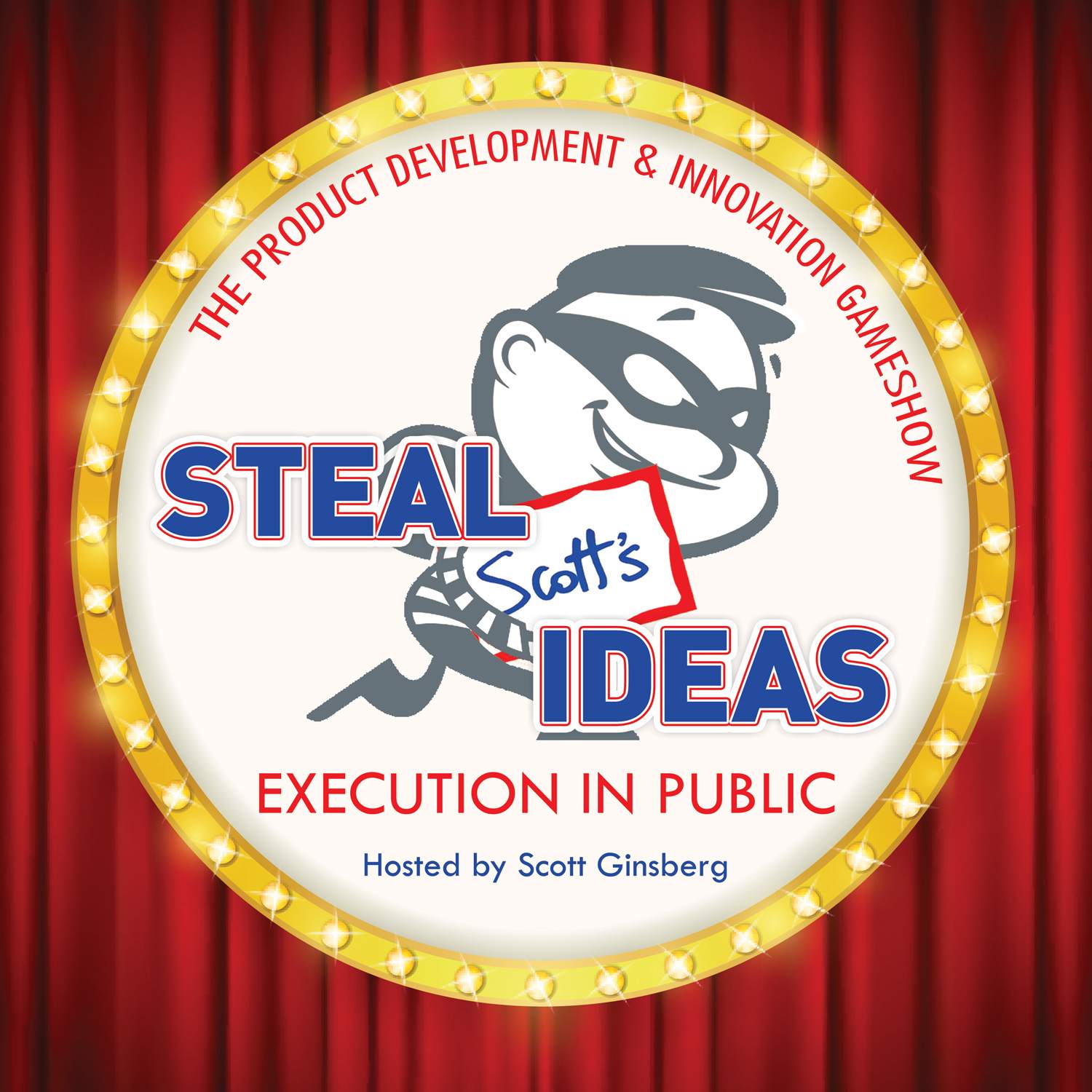
It’s the world’s first, best and only product development and innovation gameshow!
Tune in and subscribe for a little execution in public.
Join our community of innovators, artists and entrepreneurs.

 Quarter horses are strong, muscular and beautiful.
Quarter horses are strong, muscular and beautiful. 